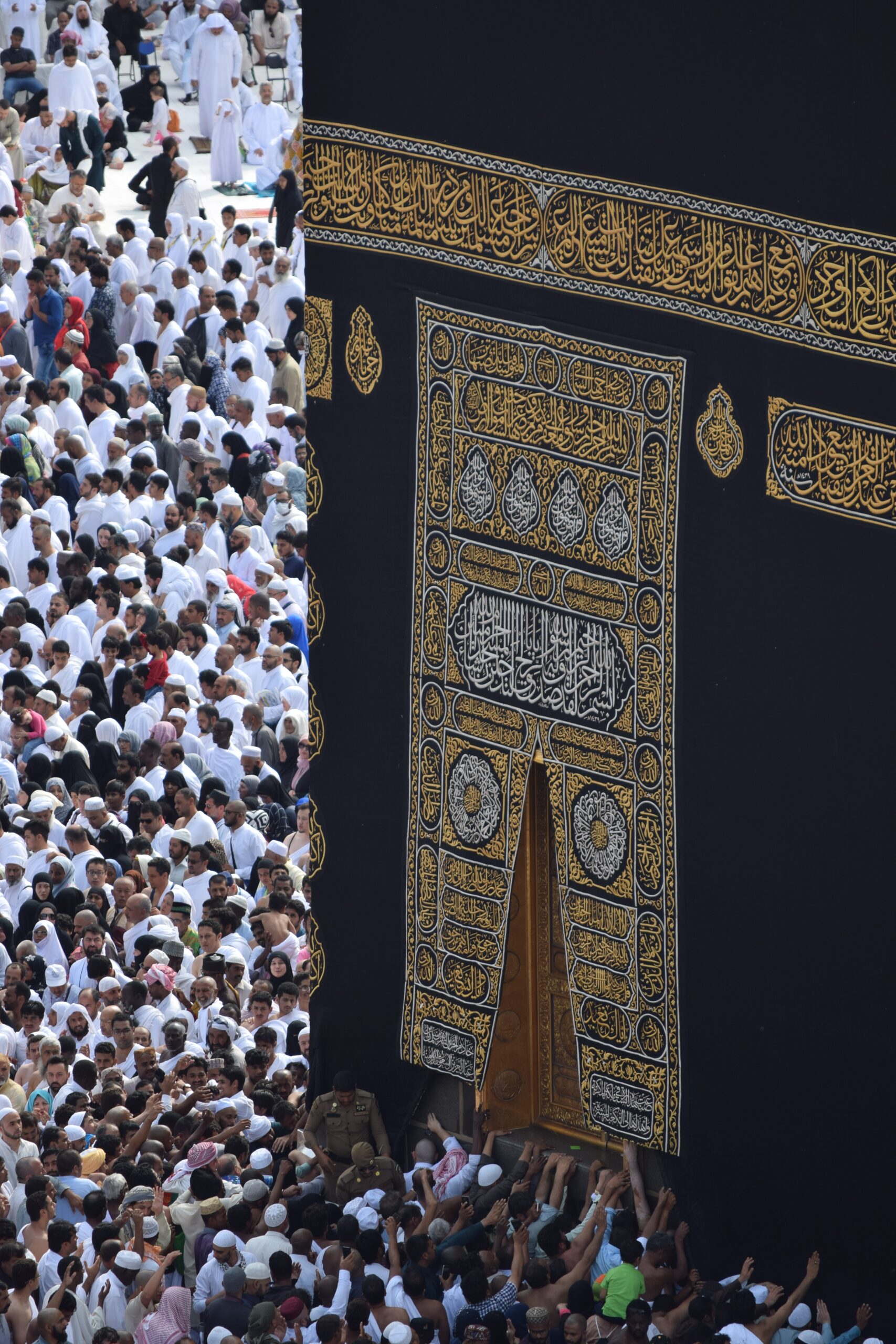The Significance of Hajj in Islam: A Journey of Faith and Unity

The Hajj, a sacred pilgrimage in Islam, holds immense importance for Muslims worldwide. It is a spiritual journey undertaken by millions of believers each year, symbolizing unity, devotion, and submission to Allah. In this blog post, we will delve into the reasons behind performing Hajj, the times it is performed, and the numerous benefits and blessings associated with this profound act of worship.
Why is Hajj Performed?
Hajj is one of the Five Pillars of Islam and is obligatory for all able-bodied and financially capable Muslims to perform at least once in their lifetime. It is a demonstration of one’s faith, humility, and complete surrender to the will of Allah. The primary reasons behind performing Hajj are:
- Following the footsteps of Prophet Muhammad (PBUH): Muslims perform Hajj to emulate the actions and rituals performed by the Prophet Muhammad (PBUH) during his final pilgrimage. It is considered a way of connecting with the Prophet and seeking closeness to Allah.
- Seeking forgiveness and spiritual purification: Hajj provides an opportunity for Muslims to repent for their sins, seek forgiveness, and purify their souls. The rituals performed during Hajj are believed to cleanse the heart and bring about a spiritual transformation.
- Unity and equality: Hajj brings together Muslims from all corners of the world, regardless of their race, nationality, or social status. It is a powerful demonstration of the unity and equality that Islam promotes, as all pilgrims dress in simple white garments, removing any distinctions of wealth or status.
When is Hajj Performed?
Hajj takes place during the Islamic month of Dhul-Hijjah, which is the twelfth and final month of the Islamic lunar calendar. The pilgrimage consists of several rituals performed over a span of five to six days. The main events of Hajj are as follows:
- 8th Dhul-Hijjah (Yawm at-Tarwiyah): Pilgrims gather in Makkah and head to the tent city of Mina, where they spend the night in preparation for the following day.
- 9th Dhul-Hijjah (Yawm al-Arafah): Pilgrims proceed to the plains of Arafat, where they stand in prayer and supplication, seeking Allah’s forgiveness and mercy. This is the most crucial day of Hajj.
- 10th Dhul-Hijjah (Eid al-Adha): Pilgrims return to Mina and perform the symbolic stoning of the devil by throwing pebbles at three pillars. This day also marks the celebration of Eid al-Adha, the Festival of Sacrifice.
- 11th-13th Dhul-Hijjah (Tashreeq): Pilgrims continue to stone the pillars in Mina and perform other rituals, including the symbolic animal sacrifice and the shaving of the head.
Reasons and Benefits of Performing Hajj
Performing Hajj is a deeply transformative experience that holds numerous spiritual, social, and personal benefits for Muslims. Some of the reasons and benefits of performing Hajj include:
- Forgiveness and purification: Hajj provides an opportunity for Muslims to seek forgiveness for their past sins and start afresh. It is believed that sincere repentance during Hajj can lead to the forgiveness of all previous sins.
- Increased spirituality: The rituals of Hajj, such as the circumambulation of the Kaaba, the standing at Arafat, and the symbolic stoning of the devil, instill a deep sense of spirituality and connection with Allah.
- Unity and brotherhood: Hajj brings together Muslims from diverse backgrounds, fostering a sense of unity, brotherhood, and equality. Pilgrims interact and bond with fellow believers, transcending cultural and national boundaries.
- Self-discipline and patience: The physical and mental challenges faced during Hajj, such as the long walks, crowded spaces, and the endurance required, teach pilgrims self-discipline, patience, and perseverance.
- Appreciation of blessings: Hajj reminds Muslims of the blessings and provisions bestowed upon them by Allah. It encourages gratitude and a deeper appreciation for the simple pleasures of life.
In conclusion, Hajj is a sacred journey of faith and devotion, undertaken by Muslims to fulfill their religious obligations and seek closeness to Allah. It is a time of self-reflection, repentance, and spiritual rejuvenation. Through its rituals and experiences, Hajj instills a deep sense of unity, humility, and gratitude, leaving a lasting impact on the hearts and minds of those who undertake this remarkable pilgrimage.
